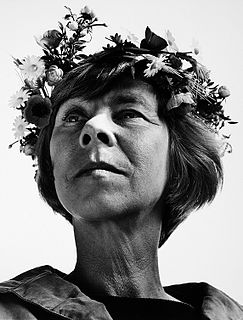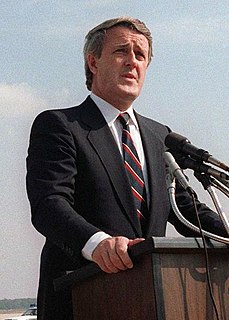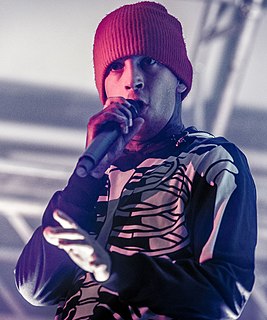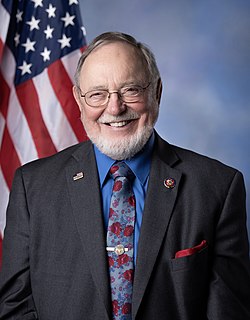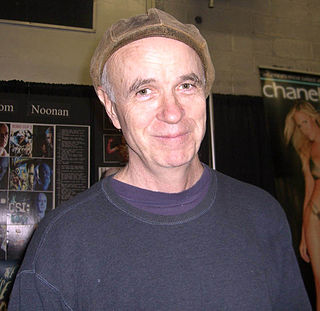A Quote by Gretel Ehrlich
What people don't understand about the Arctic is that this isn't just about those other people, those Eskimos that have nothing to do with us. The Arctic drives the climate of the whole globe.
Related Quotes
The close relationships between the abrupt ups and downs of solar activity and of temperature that I have identified occur locally in coastal Greenland; regionally in the Arctic Pacific and north Atlantic; and hemispherically for the whole circum-Arctic, suggesting that changes in solar activity drive Arctic and perhaps even global climate.
The most important thing for people to know about the governance of the Arctic is that we have a chance now to act to maintain the integrity of the system or to lose it. To lose it means that we will dismember the vital systems that make the Arctic work. It's not just a cost to the people who live there. It's a cost to all people everywhere.
Arctic-dwelling Eskimos have no choice but to eat large amounts of meat and animal fat. But let's get our facts straight: according to the American Journal of Clinical Nutrition, Eskimos also have the highest incidences of heart disease and osteoporosis in the world and, in general, short life spans. Perhaps that is something to consider when we are faced with the choice of what to eat for dinner and unlike Eskimos most of us do have choices.
We are all healers of each other. Look at David Spiegel's fascinating study of putting people together in a support group and seeking that some people in it live twice as long as other people who are not in a support group. I asked David what went on in those groups and he said that people just cared about each other. Nothing big, no deep psychological stuff-people just cared about each other. The reality is that healing happens between people.
. . . the whole idea of WHAT HAPPENED WAS.... is not about dating. It is more about people who are not committed to who they are or are indifferent about their life in general, which is how I felt about myself when I wrote it. I had turned 40 and I was unhappy and I wanted to write about that. Dating just became the framework. . . . I like all those fringy, weird, nonverbal, quiet, tiny little things, those powerful interchanges between people, things that go unsaid, that people know are happening all the time but nobody wants to talk about. That's what I want to make movies about.




